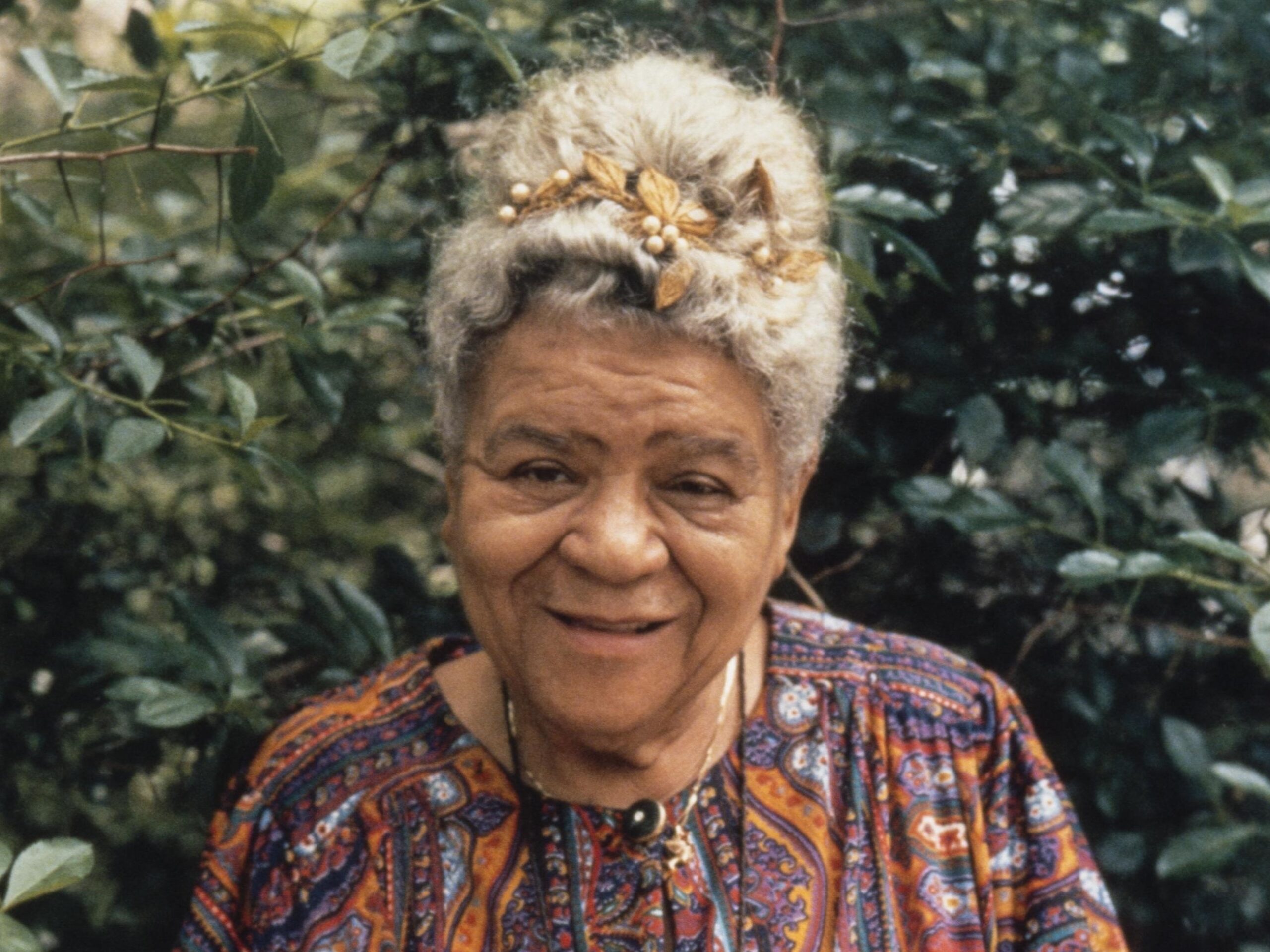In October, the Teach the Black Freedom Struggle class series hosted author Ashley Farmer in conversation with Cierra Kaler-Jones about Queen Mother Audley Moore (1898–1997), one of the most influential Black Nationalist activists and thinkers of the 20th century.
Farmer also shared stories from Remaking Black Power: How Black Women Transformed an Era, a comprehensive study of Black women’s intellectual production and activism in the Black Power era. Dr. Jeanne Theoharis briefly joined the conversation to discuss the decades-long relationship between Mrs. Rosa Parks and Queen Mother Moore.
In attendance were several coordinators and members from Teaching for Black Lives study groups. All participants are encouraged to attend these monthly classes to support their work and seed ideas for their own classrooms and curricula.
Read key takeaways from class participants below.
Teaching Reparations
After the online class, study group members were invited to attend a participatory workshop on incorporating the topic of reparations into their curriculum. Participants experienced key parts of the Zinn Education Project activity, How to Make Amends, and shared ideas about how to apply or adapt the material in their study groups and/or classrooms.
Read some reflections below.


